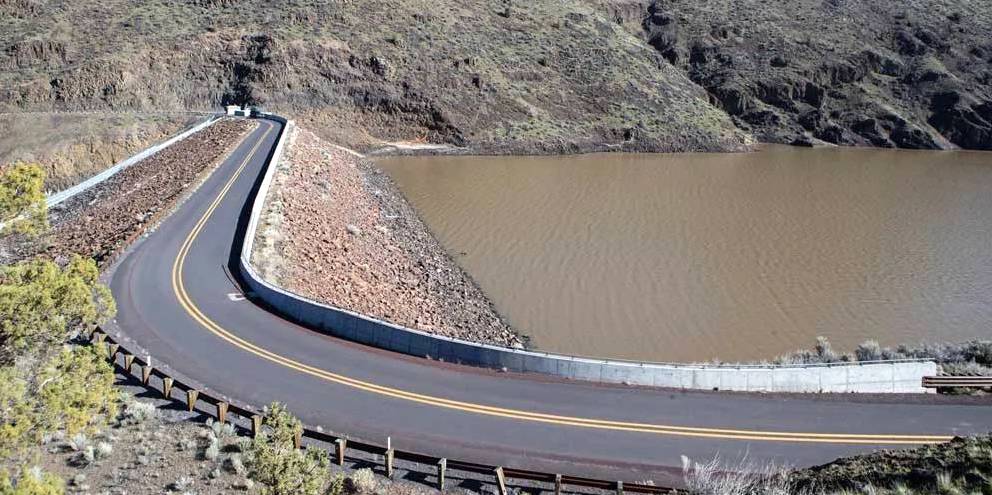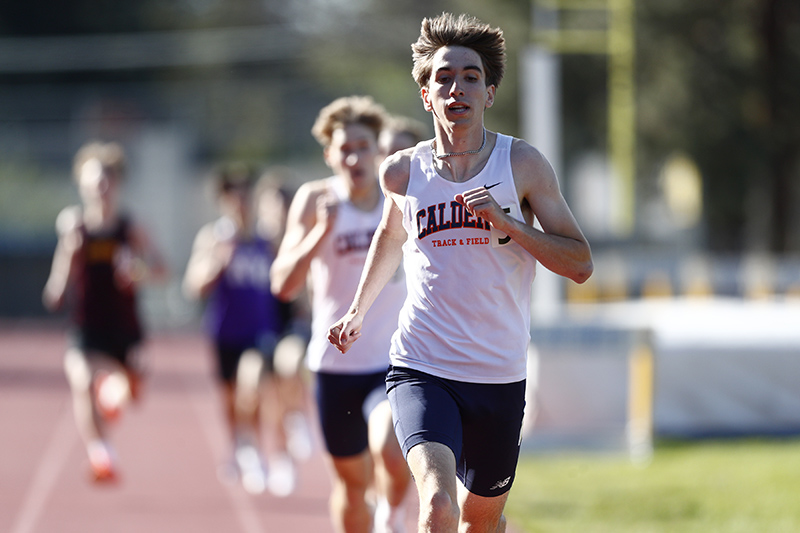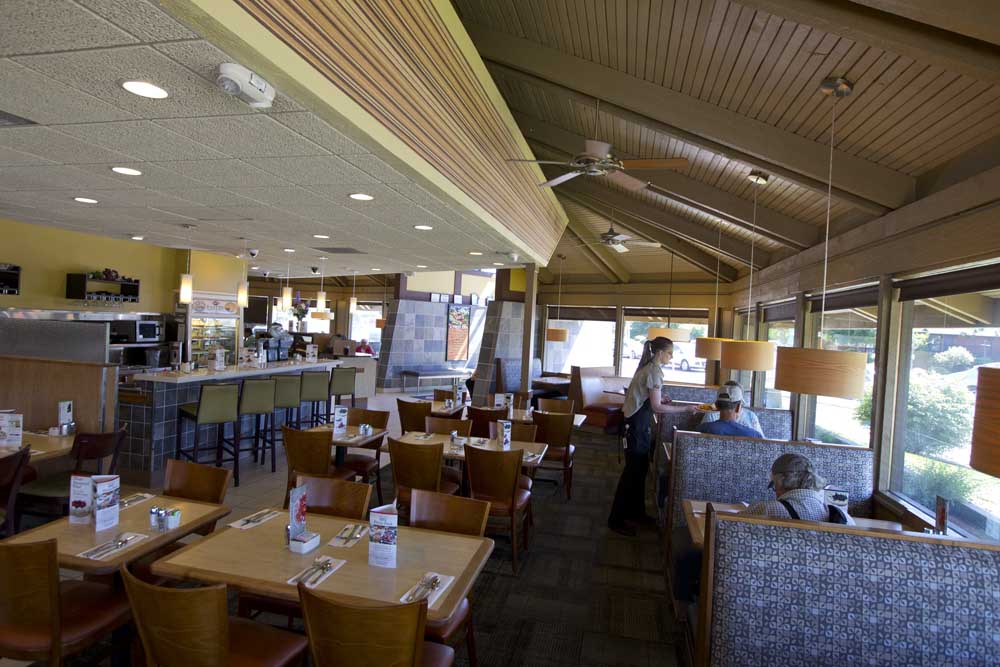Column: The echoes of JFK
Published 12:00 am Sunday, November 24, 2013
A s a boy and then young man growing up in the 1950s and 1960s, the victors framed my image of national leadership.
Eisenhower, Marshall, the Dulles brothers, Dean Acheson — they — and their colleagues — were the leaders who fought and won the great World War II.
They were the battle patriarchs of my parents’ generation, which did the hard fighting in the war, and I grew up being taught to treat them with reverence.
After the war, they rose to the pinnacle of American power and we were well served.
One generation removed from my dad and two from this political pantheon, I was awestruck by John Kennedy, whose assassination occurred 50 years ago Friday.
It was the signature public tragedy for my friends and me.
Where were you, what were you doing and how did you learn Kennedy was shot are the questions of my age, just as where were you, what were you doing when you learned of the attacks on Pearl Harbor for my parents.
I imagine in the future it will be where were you, what were you doing, how did you learn that terrorists had attacked and destroyed the World Trade Center towers.
JFK’s death was a long time ago, and time has not been the kindest of Kennedy friends.
Beyond the early, unadulterated adulation, succeeding historians have been, to say the least, of mixed minds about his politics and policies from Vietnam to civil rights, as well as his personal behavior.
All of it is well researched and well written.
But without dismissing any of the valid criticisms, it shortchanges one essential influence and understates one remarkable accomplishment of the man.
I was 16 when Kennedy was elected, and I was elated.
Like me, he was Catholic and, despite his pedigree and wealth, he was the prodigy of Irish immigrants, as were my mom’s side of the family. Perhaps a non-Protestant could run the country independently of Rome.
He was also young, vibrant and attractive.
But there was more.
Not that he wasn’t tough in the campaign of 1960 on his predecessor Dwight Eisenhower or his opponent Richard Nixon, but he wasn’t, as I have thought about him, an oppositional politician at heart.
His message was that we young people needed to shoulder the burden of national and world leadership as the older stalwarts passed from the scene.
That was certainly smart, if not sincere.
He didn’t try to separate me from my father or his heroes. He called me to honor them by public service and sacrifice for our country and its interests.
He won the election, and two years later I was a college freshman in Washington, D.C., when the Cuban missile crisis threatened the very existence of humanity.
After we discovered Russian missile sites in Cuba, Kennedy went on television to describe the confrontation between Russian and U.S. naval forces as they drew close in the seas surrounding the island.
It was perhaps the one moment when the world faced a nuclear Armageddon.
One evening during the week of the crisis I stood outside the northeast gate of the White House on Pennsylvania Avenue and tried to imagine what was going on in the building in front of me.
Kennedy stood his ground, struck a deal, and the Russians backed off, and for that, if for nothing else, he should be admired.
Now, whenever I am in Washington, I stand by that same gate and say to myself, “Those guys knew what they were doing. Thank you.”
John Costa is editor-in-chief of The Bulletin.






